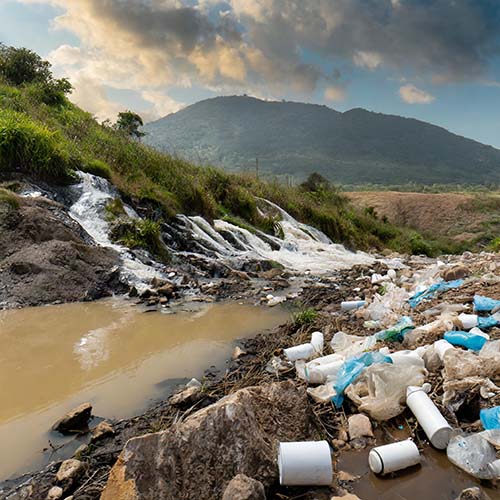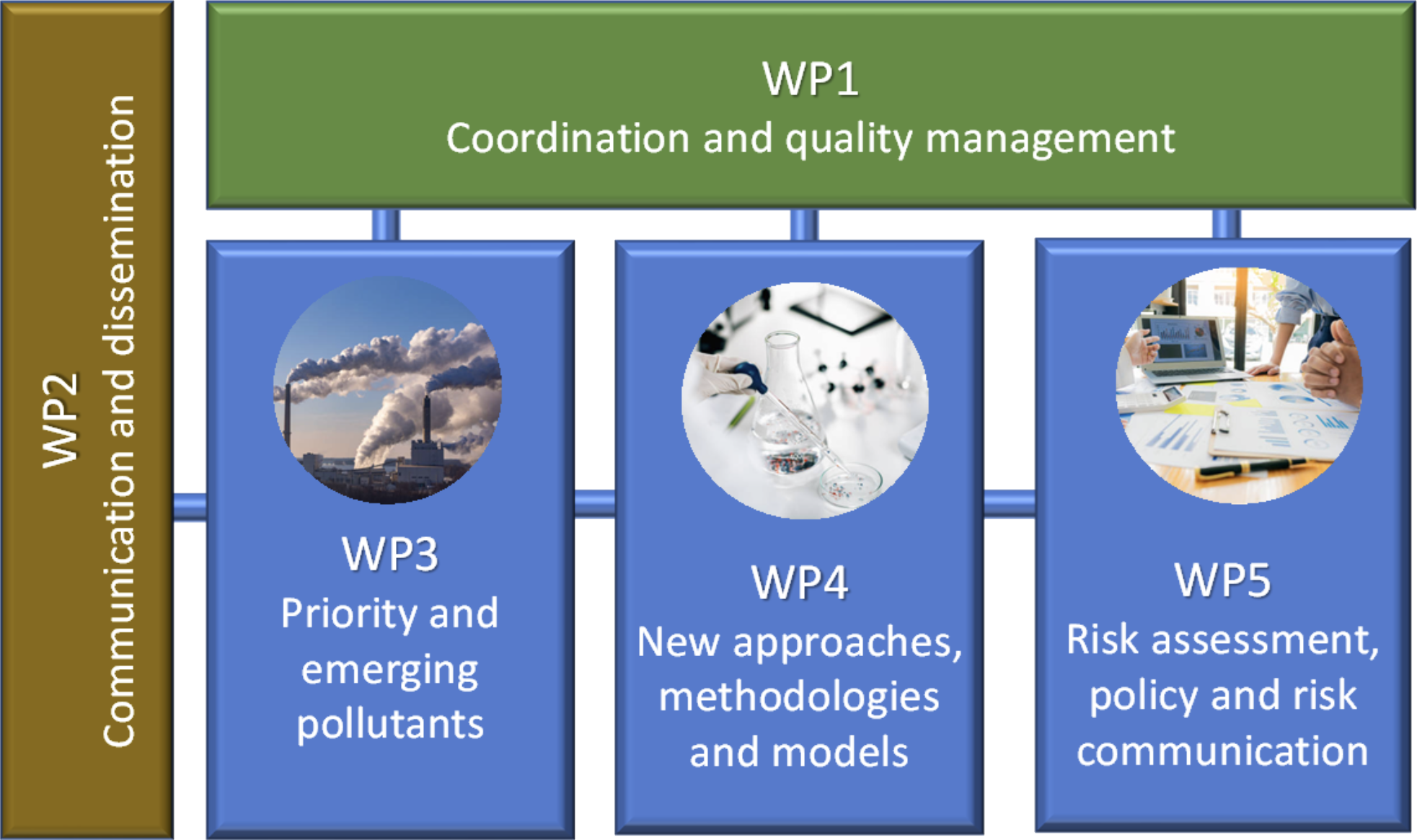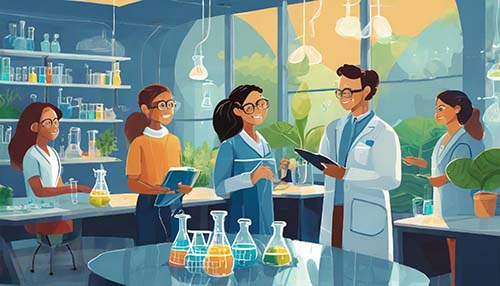The ToxLearn4EU Project
The context (Why?)
Environmental challenges such as climate change, environmental pollution, biodiversity loss, and unsustainable use of natural resources are currently a main concern for all. By now, different actions plans have been emerging, both at the national, and at international level to tackle these challenges. This results in an increasing demand for high-qualified toxicologists and ecotoxicologists needed to evaluate toxicity of pollutants (especially emerging ones such as microplastics or nanoparticles), both individually and in mixtures; to develop innovative methods; and for biomonitoring our environment.
Project aims (What?)
ToxLearn4EU aims to modernise Toxicology and Ecotoxicology teaching in Europe by:
- Developing, delivering and testing open educational resources such as, online interactive courses and problem-based learning, for high quality digital education;
- Providing innovative content on current hot topics in the field of Toxicology/Ecotoxicology to fit with recent evolution of European policies and with job market needs;
- Stimulating interest of students for these fields and limiting school dropout by putting students back at the centre of teaching through the use of active pedagogies adapted to digital practice to recreate interactions between students, between students and teachers, and by stimulating their motivation through playful approaches.
The main areas to be addressed include 1) Priority and emerging pollutants; 2) New methods and models, and 3) Risk assessment, policy and risk communication.
COMPLEMENTARY ACTIVITIES
Online interactive courses, to be used directly by teachers from other higher education institutions or to serve as a model to develop their own online resource.
Poblem Based Learning (PBL) cases, to be used by teachers or to serve as a model. Tutorials will be made available to explain the tool and guide teachers to use them properly.
Summer schools on different topics of environmental and toxicological interest to validate the educational contents developed within the project.






